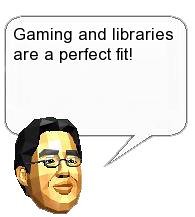I created a blog at http://shireoralhistories.blogspot.com/. If you take a look please leave me any feedback you have, bearing in mind that:
- There's no effort been put into design yet - just a standard Blogger template. When I'm happy with the functionality I'll worry about a bit of look and feel.
- Enclosures were added for the audio files and the resulting feed works as a podcast in iTunes.
- I used Blogger in Draft's beta geotagging feature. Each post can be located on a map so the associated feed becomes a GeoRSS feed.
- I've used the Internet Archive to host the files and licensed them with a Creative Commons Attribution-Share Alike license.
- Each Interview will be cut into chunks so that they can be tagged and geolocated separately, in case you want to search for all audio about a single location or subject across all interviews, for instance.
So, what do you all think?


